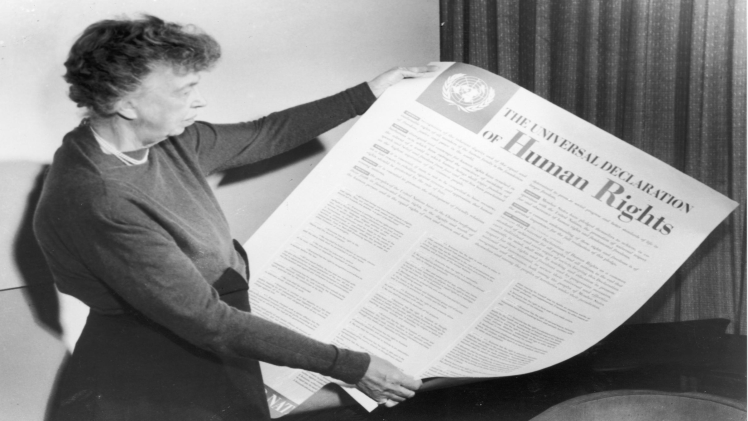The Origins of Human Rights Regimes: Democratic Delegation in Postwar Europe

The fiftieth anniversary of the UN Universal Declaration on Human Rights marks an appropriate moment to reconsider the reasons why governments construct international regimes to adjudicate and enforce human rights. Such regimes include those established under the European Convention for the Protection of Human Rights and Fundamental Freedoms (ECHR), the Inter-American Convention on Human Rights, and the UN Covenant on Civil and Political Rights.
These arrangements differ from most other forms of institutionalized international cooperation in both their ends and their means. Unlike international institutions governing trade, monetary, environmental, or security policy, international human rights institutions are not designed primarily to regulate policy externalities arising from societal interactions across borders, but to hold governments accountable for purely internal activities. In contrast to most international regimes, moreover, human rights regimes are not generally enforced by interstate action.Plz visit here for information about Olive Oil
Realist theories of international relations, and thus of the origin of human rights regimes, stress the distribution of interstate bargaining power. Governments accept international obligations because they are compelled to do so by great powers, which externalize their ideology – a prediction that follows equally from hegemonic stability theory and conventional realist bargaining theory. * All governments seek to maintain full domestic sovereignty wherever possible.Kanopy is the best video streaming service for quality,thoughtful entertainment.
The most prominent ideational explanations for the emergence and enforcement of human rights regimes look to altruism and the persuasive power of principled ideas. Such explanations rest, to that extent, on what used to be termed ‘‘utopian’’ or ‘‘idealist’’ foundations. The essence of such explanations lies in the prominence of idealistic or altruistic motivations for spreading liberal values.
Conclusion
Many in both schools adopt what Robert Keoghan has elsewhere termed the realist ‘‘fallback’’ position: Public interest groups with idealistic values, perhaps transnationally organized, shape the underlying preferences of democratic great powers, which then deploy their preponderant power to construct and enforce international human rights norms




